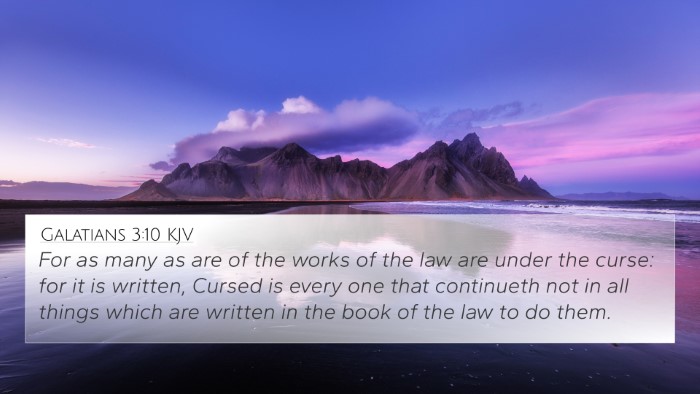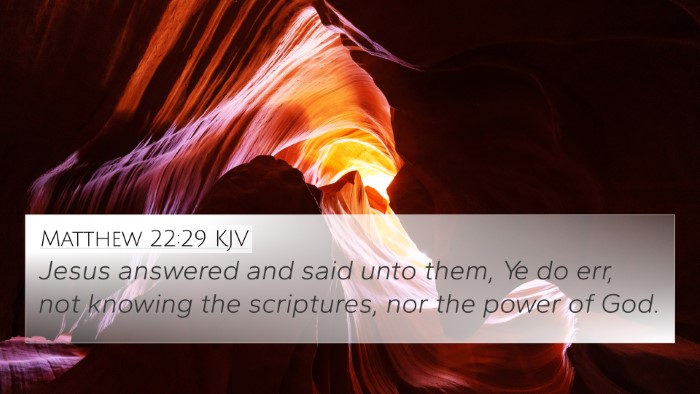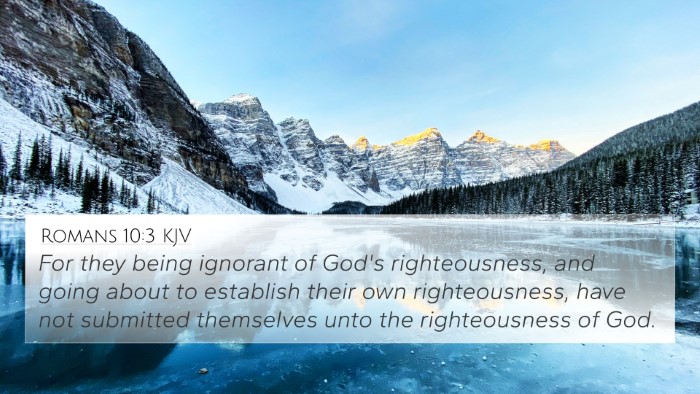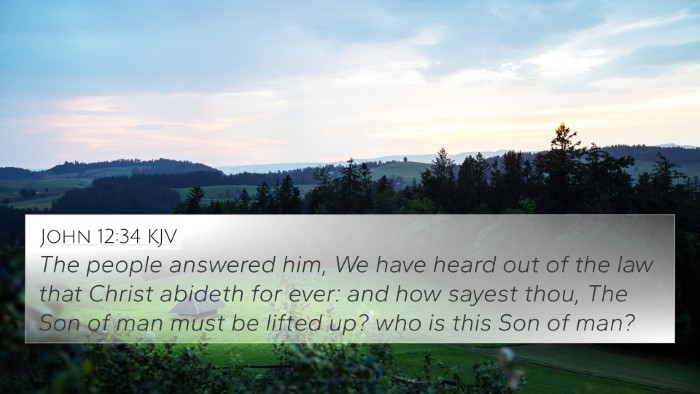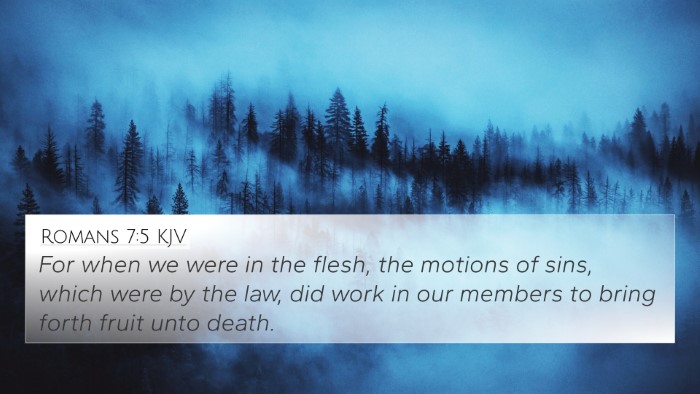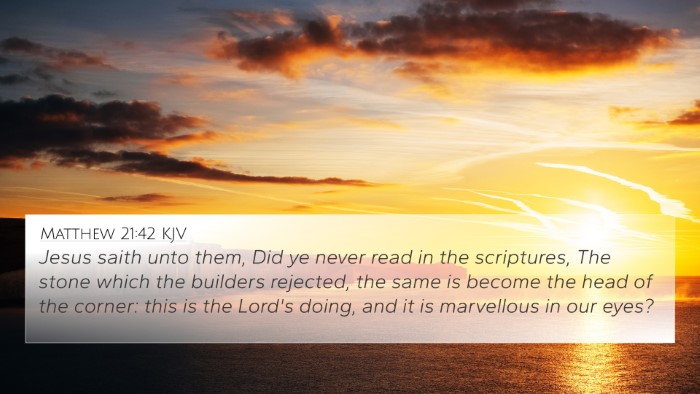Understanding Galatians 4:21
Galatians 4:21 states: “Tell me, you who desire to be under the law, do you not hear the law?” This verse is a pivotal moment in Paul's epistle to the Galatians, addressing those who are tempted to revert to the old covenant observances.
Context and Background
The Apostle Paul wrote the book of Galatians to counter the influence of Judaizers who insisted that Gentile believers must adhere to Jewish law to attain full salvation. In this context, Galatians 4:21 serves as a rhetorical question aimed at provoking thought among the Galatian Christians regarding the implications of living under the Mosaic Law.
Verse Meaning and Analysis
According to Matthew Henry, this verse challenges the notion that the law can bring true blessing or salvation. Paul is essentially asking his audience to reflect on their understanding of the law and its true purpose.
Albert Barnes adds that the question posed is rhetorical, aiming to highlight the inconsistency in wanting to follow the law while claiming the benefit of freedom given through faith in Christ.
Adam Clarke emphasizes that this verse calls for introspection among believers. It invites them to examine their motivations for adhering to the law and to understand the contrast between law and grace.
Thematic Bible Connections
Galatians 4:21 is rich in thematic connections with other Bible verses. Below are important cross-references:
- Romans 6:14 - "For sin will have no dominion over you, since you are not under law but under grace." This verse reinforces Paul's message that grace liberates us from the constraints of the law.
- Galatians 5:1 - "For freedom Christ has set us free; stand firm therefore, and do not submit again to a yoke of slavery." This emphasizes the freedom believers have in Christ compared to the bondage of the law.
- Hebrews 8:13 - "In speaking of a new covenant, he makes the first one obsolete. And what is becoming obsolete and growing old is ready to vanish away." This highlights the transition from the old covenant to the new covenant in Christ.
- 2 Corinthians 3:6 - "Who has made us sufficient to be ministers of a new covenant, not of the letter but of the Spirit. For the letter kills, but the Spirit gives life." This underscores the idea that reliance on the law brings death, while the Holy Spirit brings life.
- 1 Timothy 1:8 - "Now we know that the law is good, if one uses it lawfully." This suggests that while the law has a purpose, it is not the means of attaining righteousness.
- John 1:17 - "For the law was given through Moses; grace and truth came through Jesus Christ." This signifies the distinction and progression from the law to the grace found in Christ.
- Galatians 2:16 - "Yet we know that a person is not justified by works of the law but through faith in Jesus Christ." Here, Paul reiterates justification through faith rather than adherence to the law.
- Colossians 2:14 - "By canceling the record of debt that stood against us with its legal demands." This speaks to the cancellation of the law's condemning power through Christ’s sacrifice.
- Philippians 3:9 - "And be found in him, not having a righteousness of my own that comes from the law, but that which comes through faith in Christ." This emphasizes reliance on faith rather than law for righteousness.
- Acts 15:10 - "Now, therefore, why are you putting God to the test by placing a yoke on the neck of the disciples that neither our fathers nor we have been able to bear?" This reinforces the idea that the law is a burden not meant for the followers of Christ.
Practical Applications
The implications of Galatians 4:21 extend beyond theological debate. It invites believers to:
- Evaluate Personal Beliefs: Reflect on areas where one might revert to legalism, seeking to earn favor with God through works rather than through faith.
- Embrace Freedom in Christ: Understand and live out the freedom that comes from grace, recognizing that Christ's sacrifice fulfilled the law.
- Encourage Others: Help fellow believers recognize the sufficiency of grace in their lives, promoting a community that uplifts, rather than burdens with traditional law-based expectations.
Conclusion
In summary, Galatians 4:21 prompts a deeper examination of the law versus grace. The insights from public domain commentaries shed light on the importance of understanding the context and implications of this verse. By connecting it with other biblical texts, believers can appreciate the overarching narrative of freedom and grace that defines the New Covenant established through Jesus Christ.



